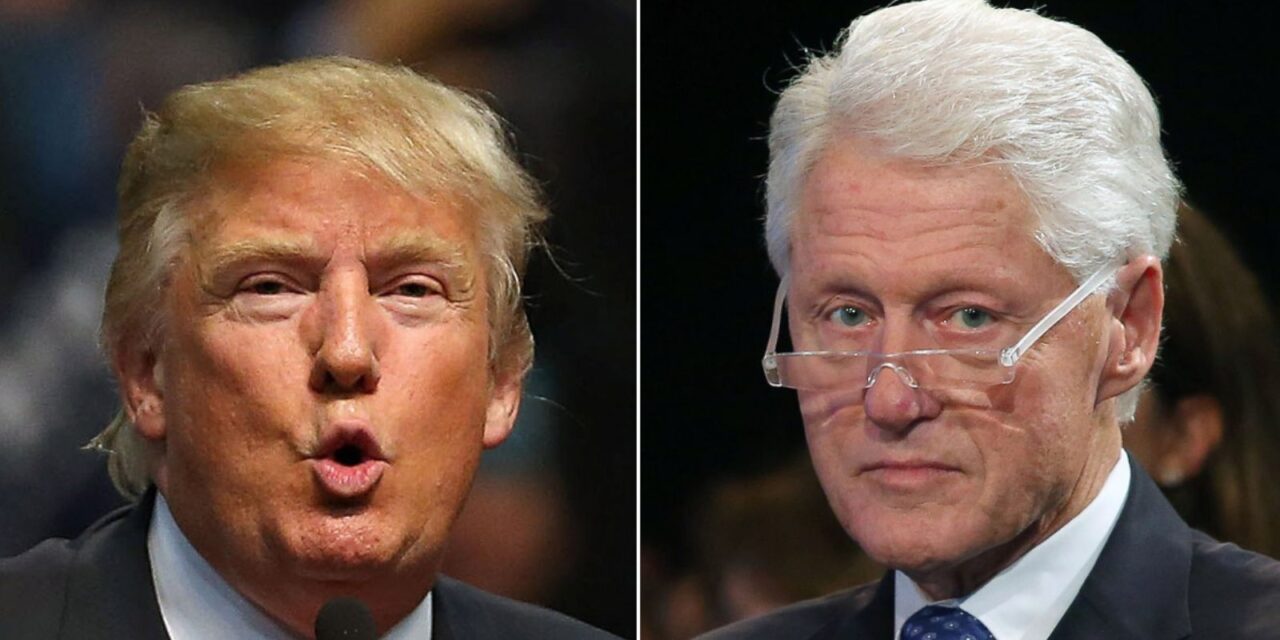Between the election of 1980 and the election of 1992, the federal deficit quadrupled. Dick Cheney would later say that Ronald Reagan proved that deficits don’t matter, but they mattered a lot to the people on Wall Street. When Bill Clinton came into office in the wake of a serious economic recession, he took the deficit very seriously and crafted a budget to sharply reduce spending. The problem, as his economic adviser and eventual Treasury Secretary Robert Rubin later explained, was that sharply reducing spending would be contractionary and reduce economic growth. As a result, a necessary ingredient for the success of Clinton’s plan was that bond traders would react to better fiscal discipline by lowering the cost of borrowing.
“This program would not work unless it was credible with the bond market, and therefore it had to be real and had to be seen as real.”
The idea was that cheaper money would more than offset the impact of budgetary austerity by spurring investment, and this would keep the economic recovery going. That plan was threatened in 1994 during what is known as the Great Bond Massacre when yields on bonds spiked globally in response to the Federal Reserve’s decision to raise interest rates to fight inflation. That crisis passed, but it reinforced the power and influence of bond traders.
Clinton political adviser James Carville famously announced, “I used to think that if there was reincarnation, I wanted to come back as the president or the pope or as a .400 baseball hitter. But now I would like to come back as the bond market. You can intimidate everybody.” Clinton himself once expressed exasperation with their influence during a meeting with his economic advisers:”You mean to tell me that the success of the program and my reelection hinges on the Federal Reserve and a bunch of fucking bond traders?” The administration even came up with a term for them: “bond vigilantes.”
A week before Donald Trump took office for the second time, Matt Egan of CNN wrote a piece suggesting that bond vigilantes might rein in or even sink Trump’s economic plans if they saw them as inflationary or likely to increase the deficit.
In early 1993, President Bill Clinton looked to push through the economic stimulus package he had touted on the campaign trail.
But those promises were stopped dead in their tracks by a formidable opponent: the bond market.
Clinton was forced to abandon much of the economic plan and shift focus to fixing the budget rather than risk skyrocketing interest rates that would tank the economy…
…Even before President-elect Donald Trump takes office, the bond market is already flexing its muscles. Yields have surged to uncomfortably high levels due to a fusion of factors that includes concerns about high budget deficits and the risk that Trump’s tariffs, tax cuts and deportations will reignite inflation.
Initially, Trump’s chaotic second-term policies resulted in yields on bonds going down as global investors traded risky stocks for comparatively safe bonds. But that changed dramatically on Wednesday morning.
The bond vigilantes have claimed another scalp. President Trump has been cowed by the steepest fall in US government bond prices in 40 years and paused his sweeping tariffs on the rest of the world, barring China.
The president’s standoff with financial markets took a dangerous turn in the last 48 hours, as Wall Street traders dumped US government debt, raising 30-year borrowing costs to 5 per cent — a two-year high. Yields have surged by the largest amount since 1982 this week, propelling the US government’s 30-year borrowing costs above formerly stricken Greece.
Trump’s tariffs — which will raise inflation for American consumers and chill business investment — may have survived a stock market sell-off. But the debt markets are an altogether different beast even for the world’s financial hegemon to go toe-to-toe with.
Trump saw the bond market going south and it convinced him to pause his tariffs. He wouldn’t listen to anyone else asking him to drop or delay his tariff policy, but when bonds chimed in he collapsed like a house of cards.
I’m not even sure the inflation/debt vigilantes were primarily responsible. I think the collapsing stock market caused a lot of bondholders to sell U.S. Treasuries just to get some liquidity. But it doesn’t really matter who gets the credit because a loss of faith in American debt as a safe and profitable investment is such a threat to America’s unique standing in the world that even a president as unhinged as Trump won’t willingly watch it happen.
We’re just fortunate that he got enough warning…this time.
Trump’s economic policies will keep leading us back to this place over and over again, and he is unlikely to find simply solutions like delay or reversal that will stop each ensuing crisis.
Things will be like this and get worse until the fascist regime is defeated.







